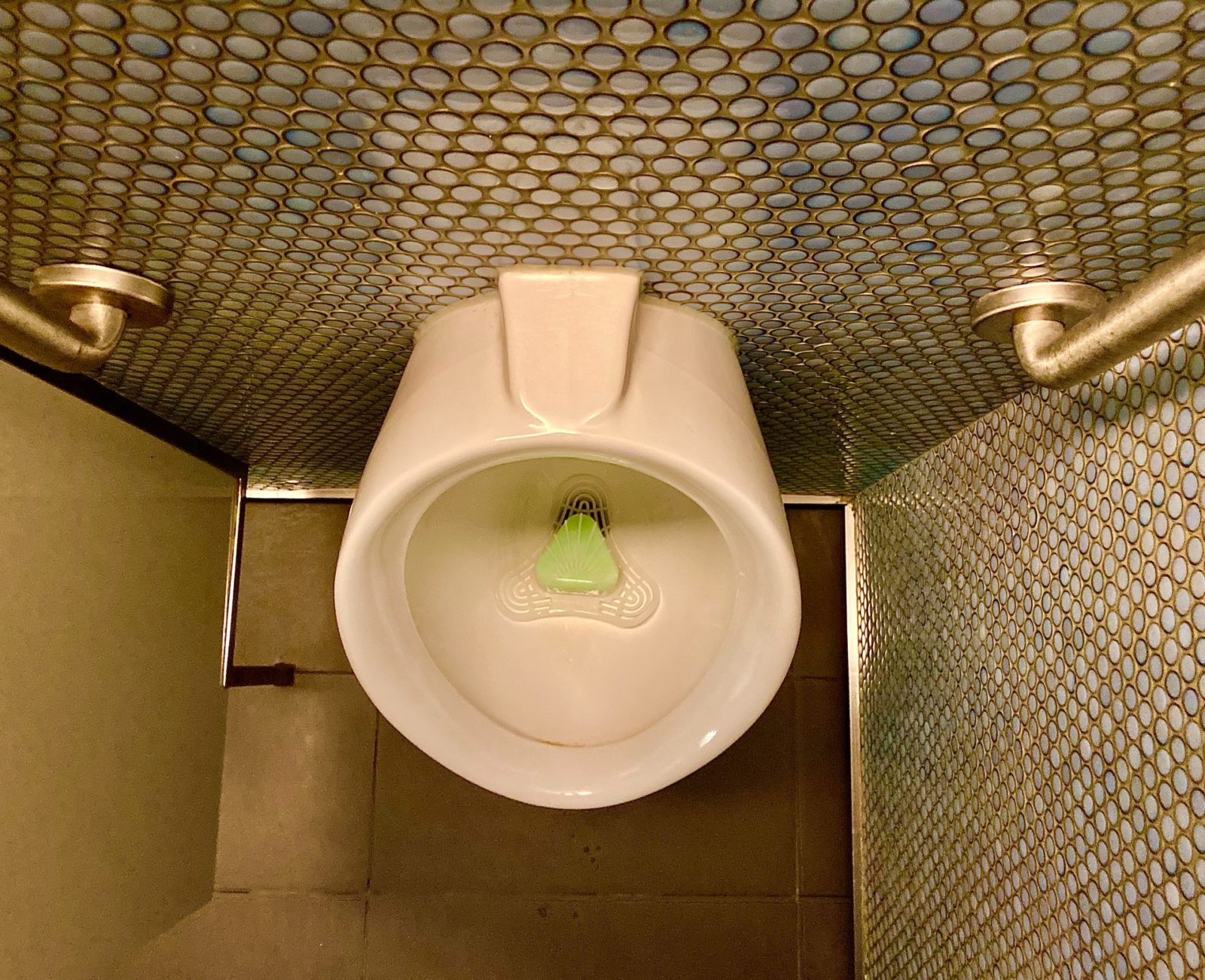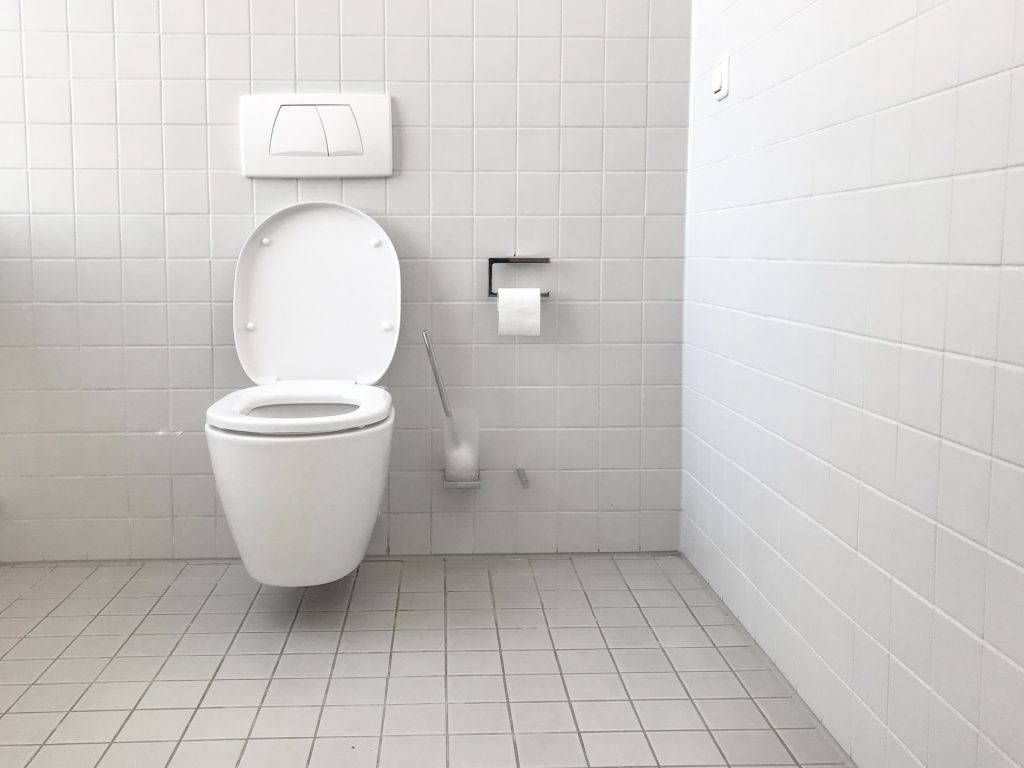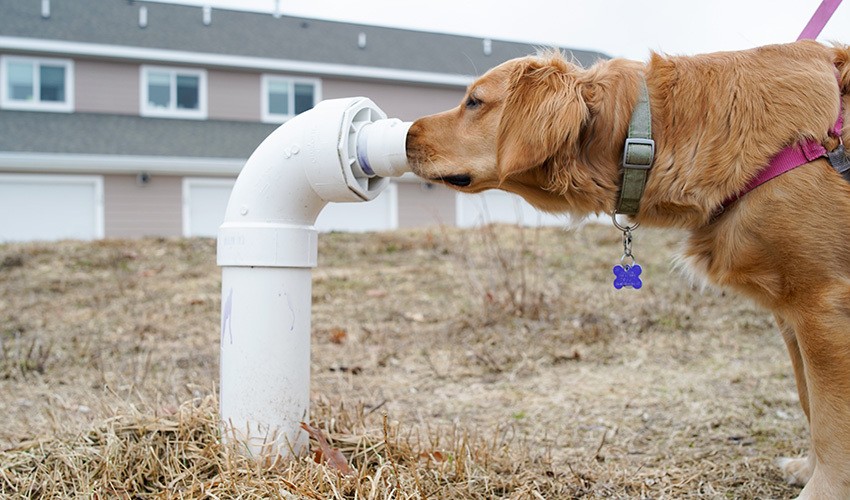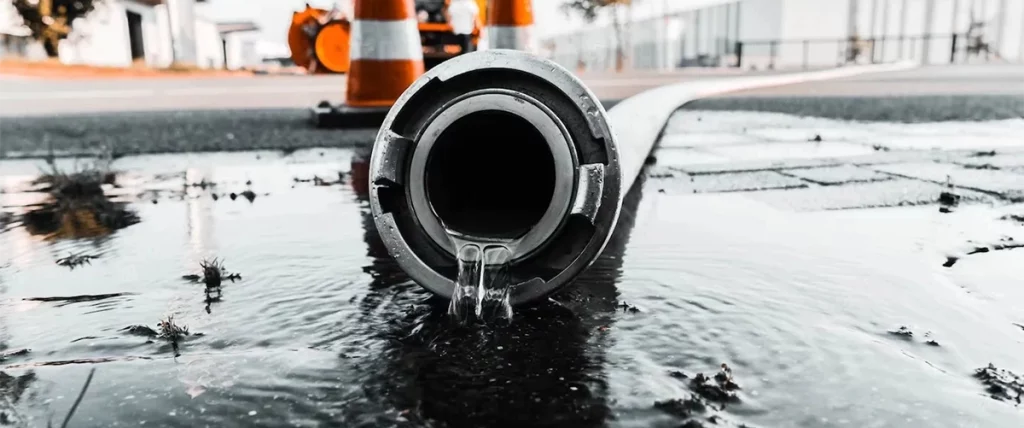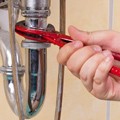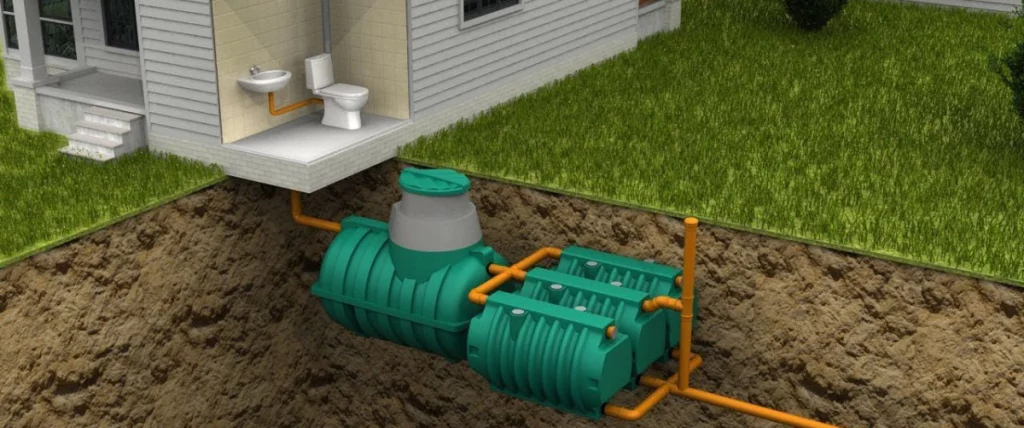A common topic of contention these days is whether biodegradable cleaners are really necessary. Because we deal in a related field – plumbing – our experts at POM Plumbing have put together some facts about biodegradable cleaners. Are biodegradable cleaners really necessary? Let’s put them to the test!
Contents
What Are Biodegradable Cleaners?
Biodegradable cleaners have differences and similarities to standard ones. The first thing we have to note is that every company may use the word biodegradable differently. Unless your biodegradable cleaners have stickers or marks on them from earth-friendly organizations, you can’t necessarily trust the word “biodegradable.” After all, everything is biodegradable with enough time.
Likewise, eco friendly, green, and all natural don’t necessarily mean what you think they mean. After all, everything in the world is natural, leaving the margin for how safe something is quite big. Natural things are dangerous for humans all the time. Therefore, we have to look at the ingredients in a product to determine how safe it is.
Product Safety
When wondering if biodegradable cleaners are an important investment for the average household, the topic of safety is one of the first to be brought up. However, there are two kinds of safety. Let’s consider both.
Direct Safety
The first thing is direct safety. As in, are these products safe to handle and breathe in the fumes of. For most standard cleaners, the answer is no. You should avoid getting them on your skin at all and immediately wash them if you do. Many of the products, especially those made with bleach, are also dangerous to inhale. Using bleach-based cleaners in a closed bathroom can lead to passing out. These standard cleaners are also incredibly dangerous to use around each other. Mixing two of them just by using them one right after the other can create toxic, deadly gases.
Because biodegradable cleaners are still made with chemicals (albeit less harsh ones), you should still be cautious when mixing or using in tandem. However, because biodegradable cleaners are made to be milder, they’re usually not as worrisome when in contact with skin. You should still wash your hands off when you’re done cleaning, but may not need to take immediate action.
Indirect Safety
Cleaners don’t just affect us while we use them to clean; they also effect the environment after we clean. The cleaners we use will get washed down the drain and inevitably end up in a body of water somewhere, or the soil. This will happen even faster if you have cracks in your drain pipes. This is more common than people think, and leads to drained fluids leeching into the soil around your house.
Standard cleaners, with harsher ingredients, will pose more of a threat to local wildlife and flora. The less harsh a cleaner’s ingredients are, the less likely it is to harm animals or plants. Therefore, in that regard, biodegradable cleaners that degrade quickly are better, as they won’t linger in the environment and build up.
Manufacturing
One of the oft-overlooked and most important parts of determining a cleaner’s effect on the environment is its manufacturing process. Manufacturing a cleaner involves combining a lot of ingredients and chemicals, no matter the type of cleaner. However, the harsher cleaners involve harsher chemicals and, therefore, a harsher process. The harsher the manufacturing process, the more likely it is for there to be chemical waste that needs to be dumped somewhere. This process, happening en masse, can be detrimental for wildlife near manufacturing plants (which are everywhere).
Are They Necessary?
Due to the strain standard, harsh cleaners have on the environment, we feel that biodegradable cleaners are something we should all strive to use as soon as possible. Shifting from dangerous manufacturing to something more sustainable is an important step in keeping ourselves and our children safe for generations.



